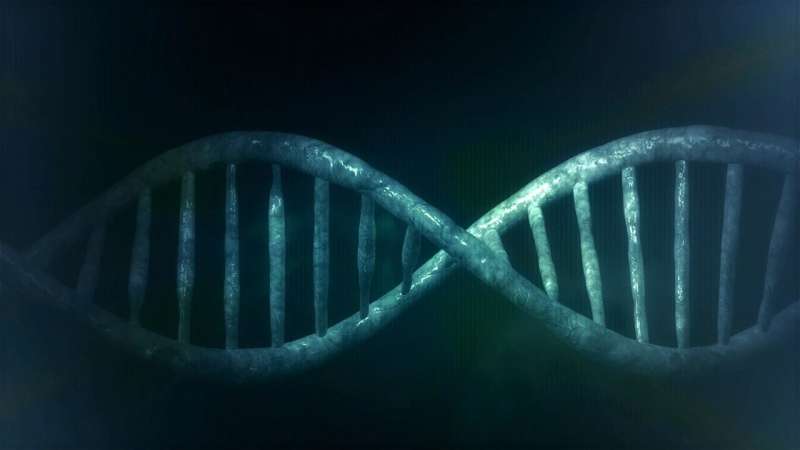This article has been reviewed according to Science X's editorial process and policies. Editors have highlighted the following attributes while ensuring the content's credibility:
fact-checked
peer-reviewed publication
trusted source
proofread
Genetic biomarker may predict severity of food allergy

Researchers from Ann & Robert H. Lurie Children's Hospital of Chicago and colleagues reported for the first time that a genetic biomarker may be able to help predict the severity of food allergy reactions.
Currently there is no reliable or readily available clinical biomarker that accurately distinguishes patients with food allergies who are at risk for severe life-threatening reactions versus more mild symptoms. Findings were published in the Journal of Allergy and Clinical Immunology.
Dr. Lang and colleagues found that the presence of an enzyme isoform called α-tryptase, which is encoded by the TPSAB1 gene, correlates with increased prevalence of anaphylaxis or severe reaction to food as compared to subjects without any α-tryptase.
"Determining whether or not a patient with food allergies has α-tryptase can easily be done in clinical practice using a commercially available test to perform genetic sequencing from cheek swabs," said lead author Abigail Lang, MD, MSc, attending physician and researcher at Lurie Children's and Assistant Professor of Pediatrics at Northwestern University Feinberg School of Medicine.
"If the biomarker is detected, this may help us understand that the child is at a higher risk for a severe reaction or anaphylaxis from their food allergy and should use their epinephrine auto-injector if exposed to the allergen. Our findings also open the door to developing an entirely new treatment strategy for food allergies that would target or block α-tryptase. This is an exciting first step and more research is needed."
Tryptase is found mainly in mast cells, which are white blood cells that are part of the immune system. Mast cells become activated during allergic reactions. Increased TPSAB1 copy number which leads to increased α-tryptase is already known to be associated with severe reactions in adults with Hymenoptera venom allergy (or anaphylaxis following a bee sting).
Dr. Lang's study included 119 participants who underwent TPSAB1 genotyping, 82 from an observational food allergy cohort at the National Institute of Allergy and Infectious Diseases (NIAID) and 37 from a cohort of children who reacted to peanut oral food challenge at Lurie Children's.
"We need to validate our preliminary findings in a much larger study, but these initial results are promising," says Dr. Lang. "We also still need a better understanding of why and how α-tryptase makes food allergy reactions more severe in order to pursue this avenue for potential treatment."
Rajesh Kumar, MD, MSc, from Lurie Children's is the co-senior author on the study. Dr. Kumar is the Interim Division Head of Allergy and Immunology and Professor of Pediatrics at Northwestern University Feinberg School of Medicine.
More information: Abigail Lang et al, Severe food allergy reactions are associated with α-tryptase, Journal of Allergy and Clinical Immunology (2023). DOI: 10.1016/j.jaci.2023.07.014


















